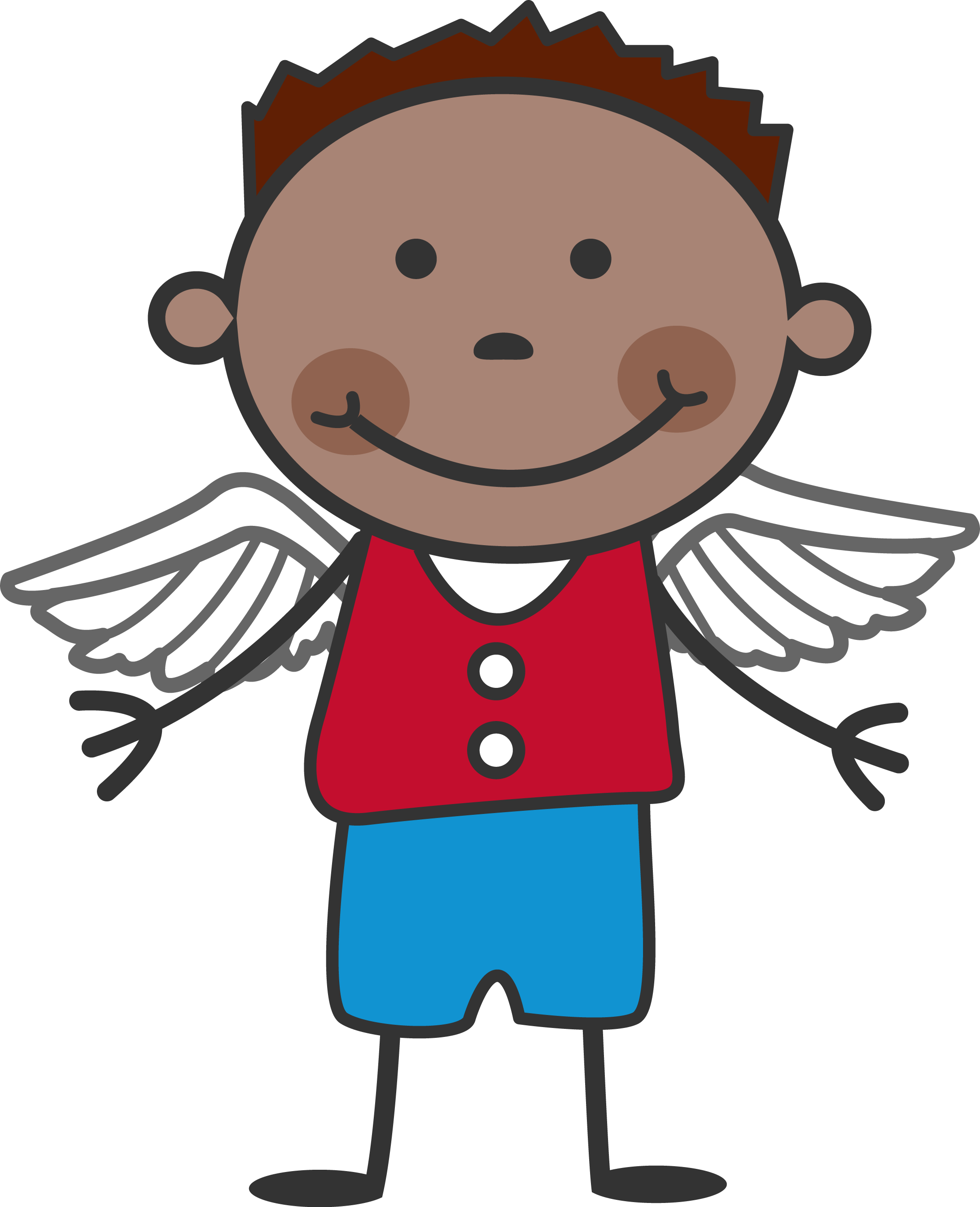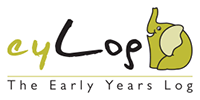Mindfulness Practice
We understand the importance of promoting wellbeing for staff & children. This helps to create a positive environment within the nursery setting.
At Little Cherubs we have ‘mindfulness ambassadors’ to help promote mindfulness to our daily practice for both staff & children. Our ‘ambassadors’ come together to tailor our techniques to each age group helping to promote techniques into the children’s daily routines. Staff use the promoting positive behaviour policy to ensure consistency. Staff are able to recognise when a child may need support with their emotions and provide this one to one or in a small group, whichever is more appropriate. Teaching children to recognise and manage their emotions at a young age will support them throughout their life
We have an ‘relaxation & calming’ area in each room with books and sensory objects. During various parts of the day we support children’s self-regulation through carefully planned activities and resources. This includes supporting children to manage their own emotions and behaviours using rules and boundaries created by the children themselves. We provide activities in which children are able to recognise and express their emotions, including emotional literacy. Our practitioners promote calming stories, stretching and talking about each child’s feelings. This enables us to provide support for children who may be experiencing big emotions they can’t cope with just yet.
Staff and parents are given the opportunity to complete at home workshops with useful and practical tools to help them navigate life's demands and discover the peace and calm within themselves focusing their minds, promoting greater self awareness.
Our entire staff team complete workshops with professionals in the industry such as ‘Mindfulness Kids London’
Beam Academy Yoga visit our older Toddler & Pre Schoolchildren once a week for an extra curricular session.
Little Cherubs Library
At Little Cherubs, we recognise the importance of children reading books from a young age. Creating a language rich environment, helps to build confidence and self-esteem. Aiding cognitive development, good mental health & wellbeing. This brings pleasure & builds a great bond between family groups.
The Little Cherubs have created a library system that will provide families the tools to start a partnership between the nursery learning & a child’s home. Our system is interactive for both parents & children to allow focus on promoting elements of British values. Children can take ‘ownership’ & responsibility of books, multimedia & owning their very own Little Cherubs library card.
Parents are also able to access the online library system and can reserve books & home learning packs from our online catalogue. These are ready for your child to take away at the end of the day with them. We also can offer a ‘click & collect’ if your child or family cannot attend during these times.
Browse & look at each item, write reviews for other families when items are returned.
Our library contains;
- Books
- Home Learning Activity packs
- CDs
- DVD
- Resources
Children’s Workshops
During the year, Little Cherubs will be running various workshops that introduce key topics such as;
Mini First Aid
These Early Years sessions’ are designed to make first aid fun. Suitable for EYFS.
Children learn about what happens to their bodies if they are hurt and how they would be treated by a grown up. They are able to bring their favourite Teddy or Doll to help with the First Aid story, covering calling 999, bleeds & bumps & the importance of safe eating practice with Sit, Chop & Chew.
After each class children will receive a certificate for attending.
Dental Awareness
During Early Years’ Foundation Stage, a child’s first experiences with oral health can impact on the rest of their life.
That’s why it’s so important to teach them about their mouth and introduce them to good habits as soon as possible. It is equally vital to continue to ‘normalise’ dental visits and put them at ease with the role of a dentist as a person they can trust.
Working with professionals from Oral Health Foundation & Dental Wellness Trust. Children are able to complete an oral health workshop for dental health, hygiene with DR Linda Greenwell
Animal Visits
Various animal visits take place at the nursery with a few of their furry friends. Such as; Bunnies, Guinea Pig, Hedgehog, Chicks. Or creepy Crawlies, such as Millipede, Giant Snails, Frogs, Spiders, Lizards.
Catering for all key stages. Children with receive a specialist talk covering the origin, species, diet, growth, and behaviour of each animal presented. How various species of animals have adapted to fit in with our lifestyles, such as urban habitats.
Children will have the opportunity to meet & handle the animals. (prior parental permission is obtained).
School Readiness
At Little Cherubs we are passionate about childcare, believing each & every child matters. We support children individually to help them reach their full potential and fully pre-pare for school. Starting school is a developmental milestone for both children and parents. The majority of parents are understandably anxious about their child starting nursery & school. During Covid19 this has only created more anxieties with many younger children having not spent any times away from parents.
Little Cherubs staff team use our knowledge & skills to calm children’s anxiety and fully support the transition into the next chapter of a child’s life.
At Little Cherubs children gain important social and practical skills they need to succeed at school by interacting and playing with other children, adults. Forming friendships & close bonds with peers & staff.
Independence - They’re used to spending time apart from you, mixing with other children, taking instructions from and communicating with other adults,
Responsibility is encouraged by taking some responsibility for tidying up after themselves and looking after their ownership of belongings such as
Bookbags, Library books & cards and nursery toys.
Self care is promoted by using the toilet, washing hands, feeding themselves & getting dressed/undressed.

 EyLog is a secure online early years log, which stores your child’s learning journey. EyLog is compliant to the EYFS (early years foundation stage) requirements, it allows Little Cherubs to capture observations and manage the learning and development journey of a child electronically. You can access pictures, videos, observations and much more at the click of a button!
EyLog is a secure online early years log, which stores your child’s learning journey. EyLog is compliant to the EYFS (early years foundation stage) requirements, it allows Little Cherubs to capture observations and manage the learning and development journey of a child electronically. You can access pictures, videos, observations and much more at the click of a button!

